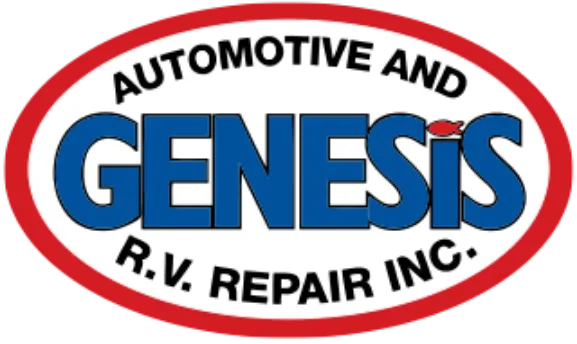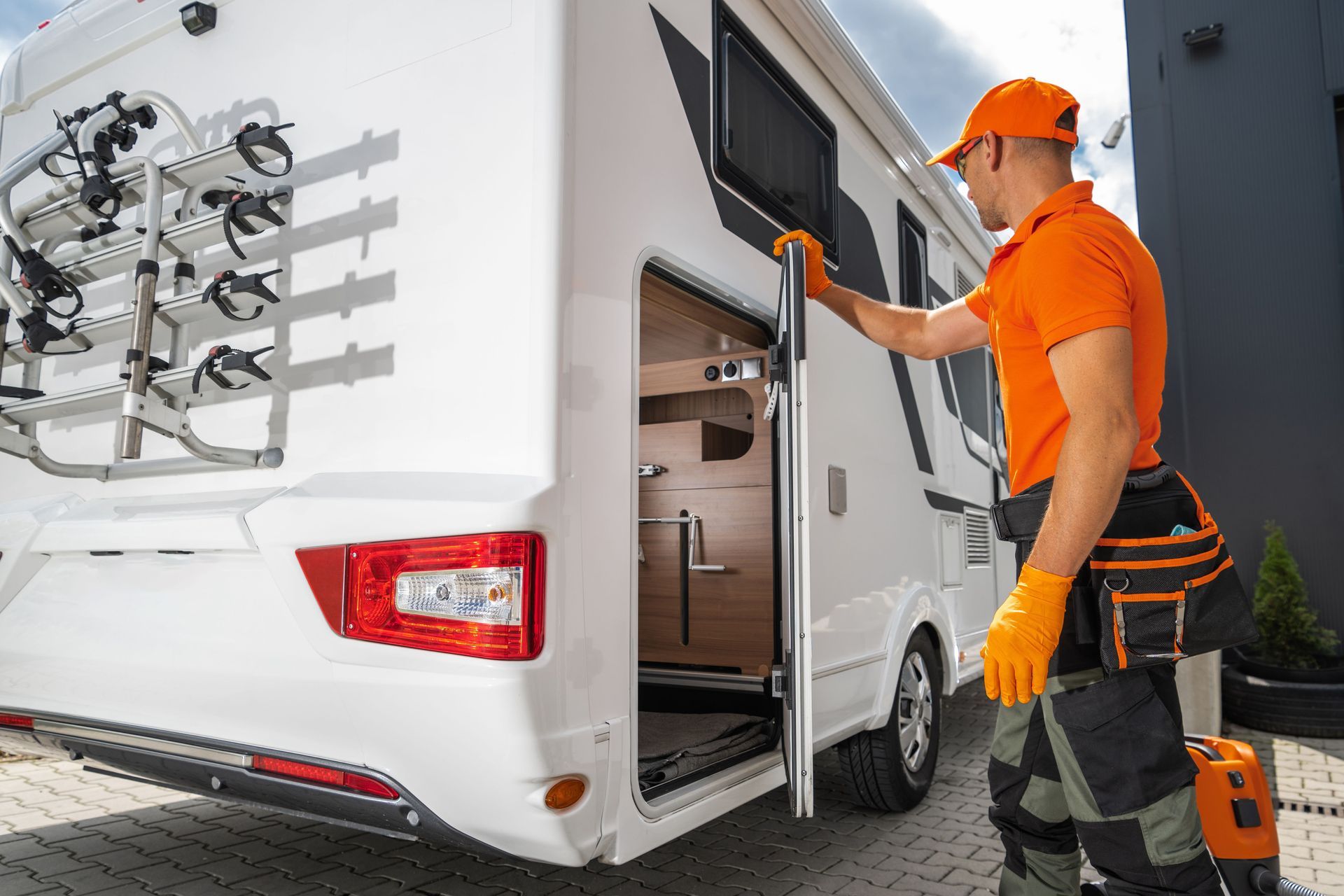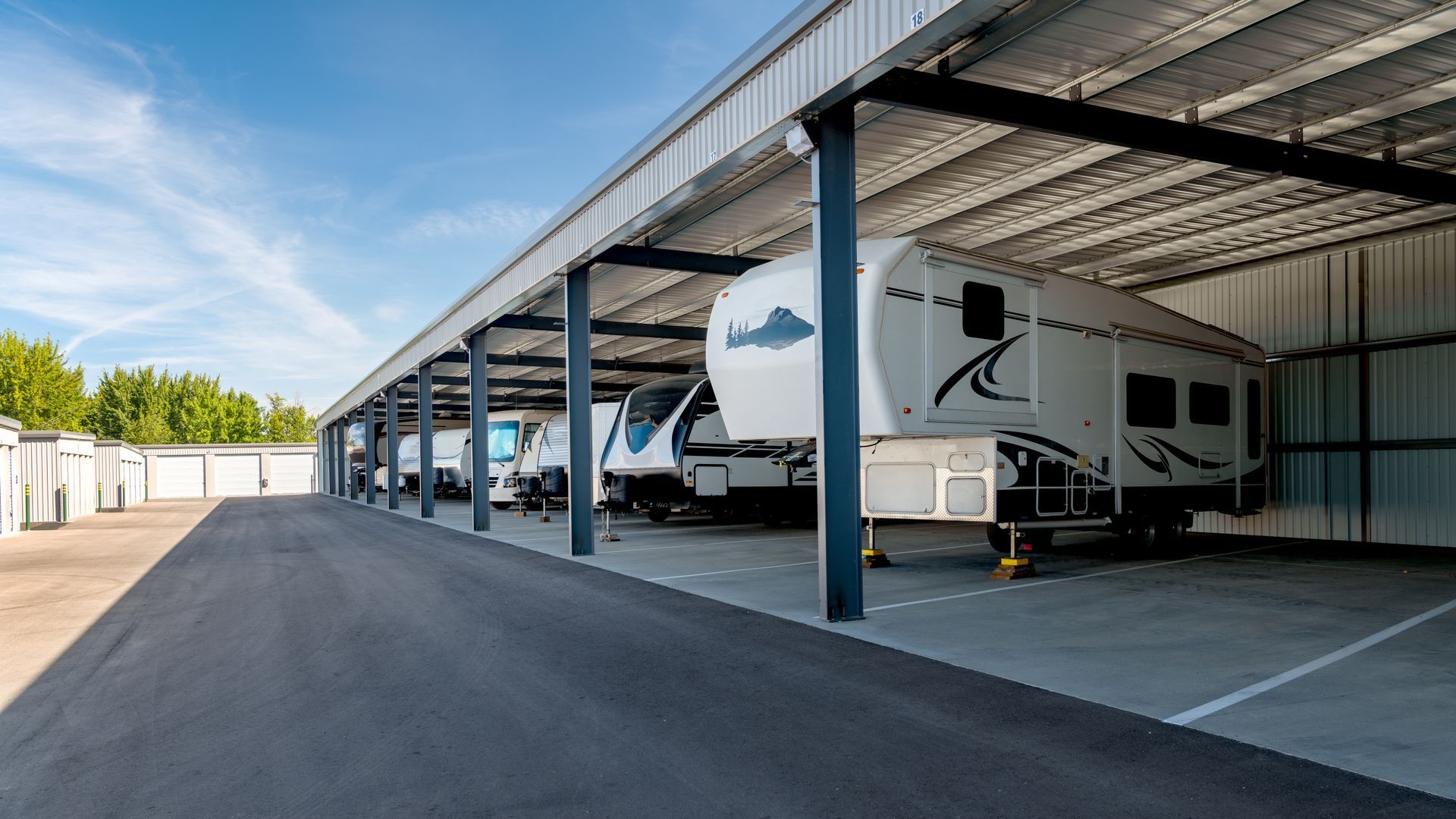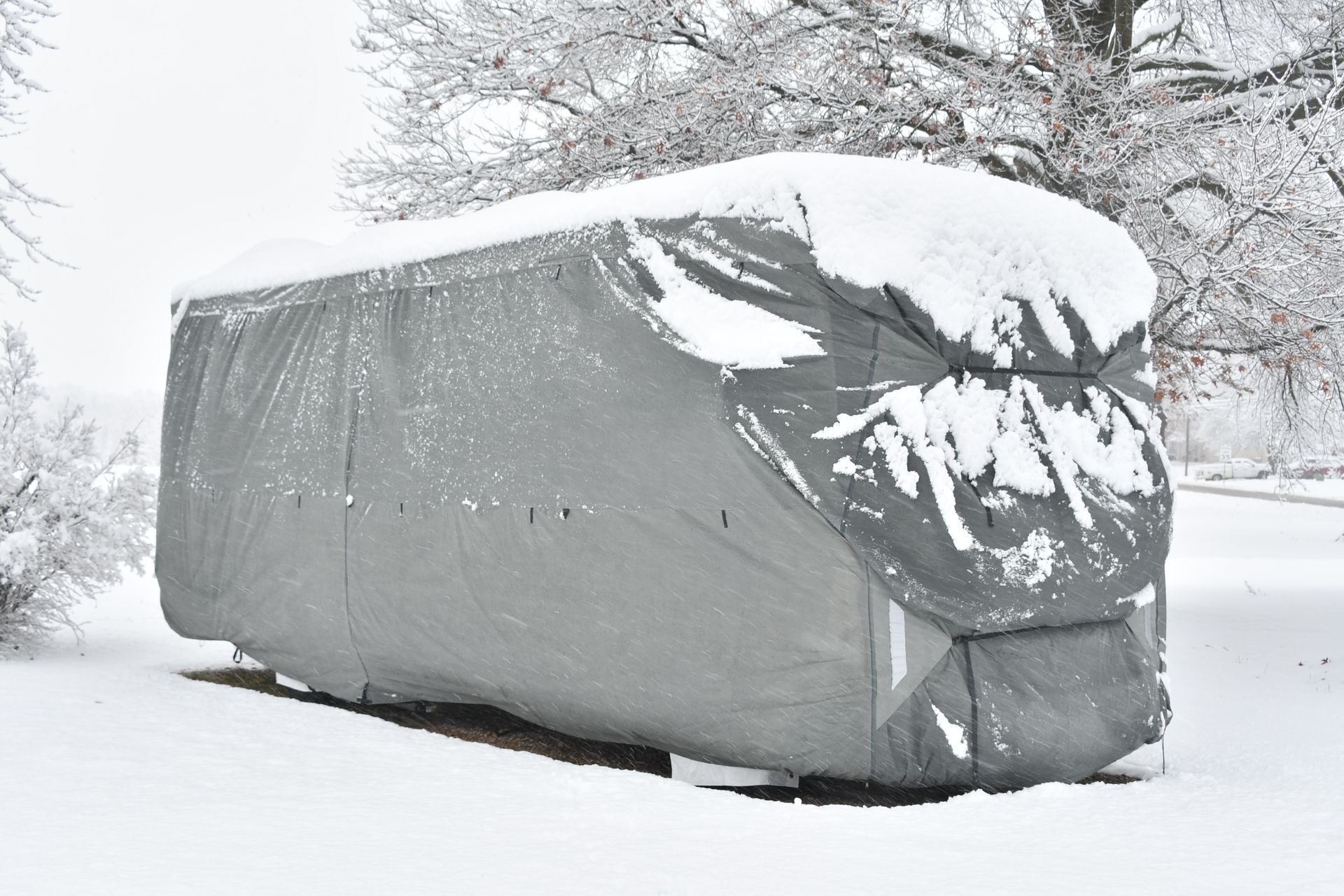RVs pack a rolling home and a vehicle into one machine, which means twice the comfort and about twice the upkeep. Preventive maintenance does not have to be complicated. A steady routine keeps breakdowns away from your road trips and helps the coach feel solid on rough pavement.
Here is a clear checklist of what matters, why it matters, and how often you should plan it.
Build a Simple Maintenance Rhythm
The best plan is the one you will follow. Set two anchors on your calendar: a spring shakedown before your first trip, and a fall wrap-up before storage or rainy season. Motorhomes add mileage-based services, while towables focus on chassis and coach checks. Keep a small log in the glove box for dates, mileage, tire ages, battery replacements, and last seal inspections. That record turns guesswork into confidence.
Tires, Wheels, and Bearings Deserve Priority
RVs are heavy, and tires age from time as much as miles. Check date codes and replace around the six to seven year mark, even if the tread looks good. Set pressures to the load chart, not a guess, and confirm with a quality gauge before every travel day. For trailers, plan a bearing inspection and repack about every 12 months or 12,000 miles, and adjust electric brakes so they grab smoothly without chatter. On motorhomes, an annual alignment protects tires from shoulder wear and keeps the coach steady in crosswinds.
Roof, Seams, and Exterior Seals Keep Water Out
Water is the quiet enemy of RVs. Walk the roof with a careful foot, look for cracks in lap sealant around vents, antennas, and skylights, and touch up with the correct sealant for your roof type. Check sidewall seams, window frames, and marker lights for gaps. Inspect the awning fabric for frayed edges and the roller for smooth operation. Finding a small split now saves cabinets, subfloor, and upholstery from hidden damage later.
House Batteries and Electrical Systems Need Regular Checks
House batteries support lights, pumps, and appliances. Verify state of charge, clean terminals, and confirm your converter or inverter-charger is set to the correct battery type. Flooded batteries need distilled water at the right level. AGM and lithium have different charging profiles, so menu settings matter. Test the GFCI outlets, inspect the shore power cord for heat marks, and open the transfer switch cover to check for loose lugs. A quick look at the 7-pin trailer connector or motorhome umbilical prevents lighting issues on the road.
Fluids, Filters, and Generator Care Keep You Moving
Motorhomes rely on chassis maintenance just like any truck. Follow intervals for engine oil, coolant, transmission fluid, and axle lube. Replace air and fuel filters on time so long grades do not feel like a struggle. Generators last when they are exercised. Run the generator under a real load for about 30 minutes each month to keep the windings dry, the fuel fresh in the carb or injectors, and the seals healthy. If the generator stumbles under the A/C load, a simple service often restores smooth output.
Brakes, Suspension, and Steering Affect Safety and Comfort
Heavier rigs amplify small faults. Listen for clunks over driveway aprons and watch for extra bounce after speed bumps. Replace worn bushings, check shock performance, and inspect leaf spring hangers or airbags for cracks and leaks. On trailers, verify equalizer wear and shackle bolts. Motorhomes with hydraulic brakes should have the fluid tested for moisture and the pads measured at all corners. Shorter stopping distances and less sway make long days easier.
Water Systems, Propane, and Safety Gear Need Attention
Sanitation and hot water feel like home when they work. Flush the freshwater tank, sanitize lines, and inspect the anode rod in the water heater if equipped. Replace brittle hoses and tighten clamps at the pump. Have the propane system leak-checked, confirm regulator age, and test the water heater and furnace for proper ignition. Press the test buttons on smoke, carbon monoxide, and LP detectors, and check the fire extinguisher gauge. These are small minutes that pay off during a busy camping weekend.
Monthly At-Home Checks Between Trips
- Walk around the coach and look for new streaks or soft spots near seams.
- Set tire pressures cold and scan tread for unusual wear.
- Run the slide-outs, stairs, and jacks to keep motors and seals moving.
- Exercise the generator under load and listen for surging.
- Top the freshwater tank a little and run each faucet to keep valves free.
These light touches keep surprises off your travel calendar.
Keep Trips Easy with Genesis Automotive and RV Repair in Tacoma, WA
When your RV needs a thorough check before a long haul or a smart wrap-up before storage, our team can help. We inspect tires, bearings, brakes, roof seals, batteries, charging systems, fluids, and generators, then give you a simple plan based on how and where you travel.
Call us to schedule your preventive maintenance visit, or stop by our Tacoma location, and head out with an RV that feels tight, dry, and ready for the miles ahead.



